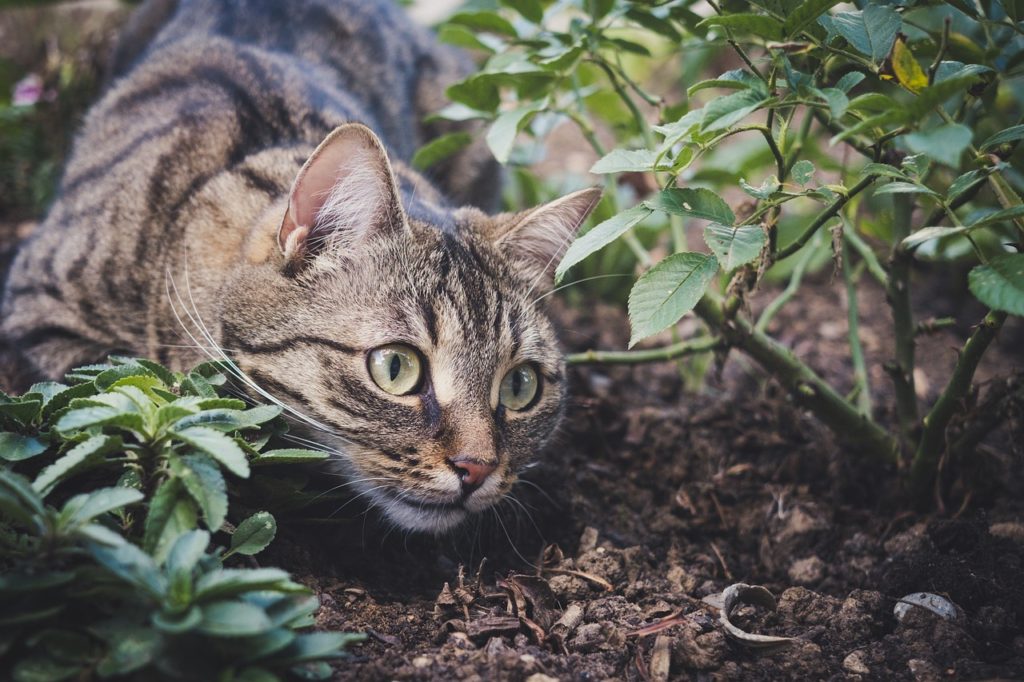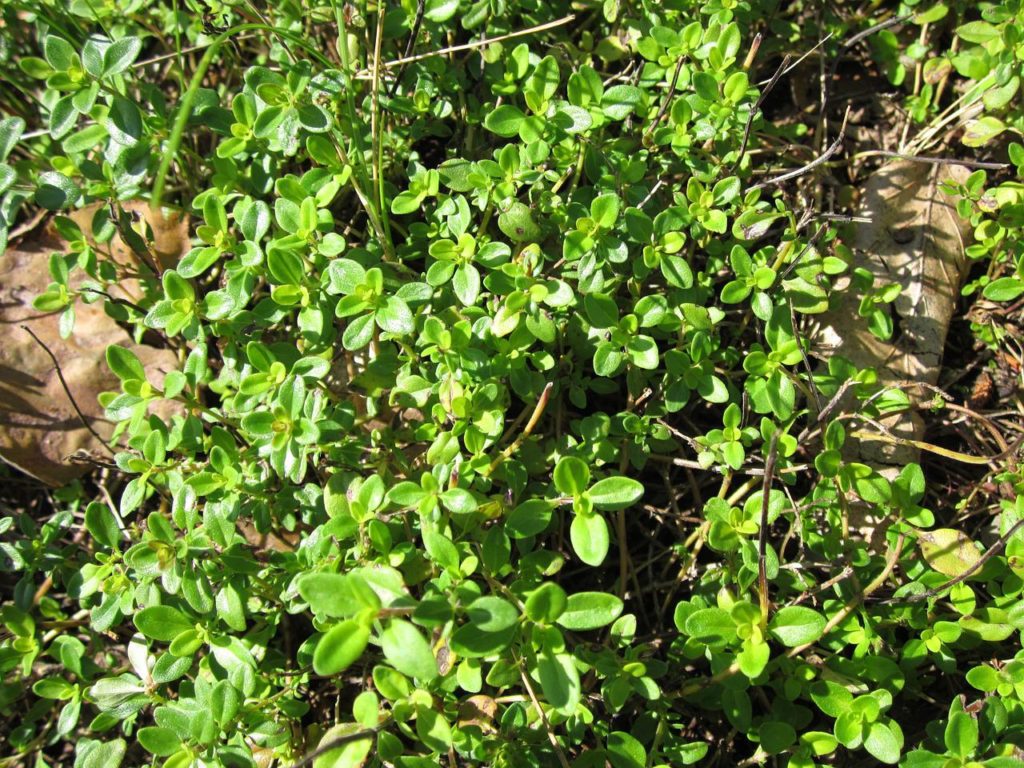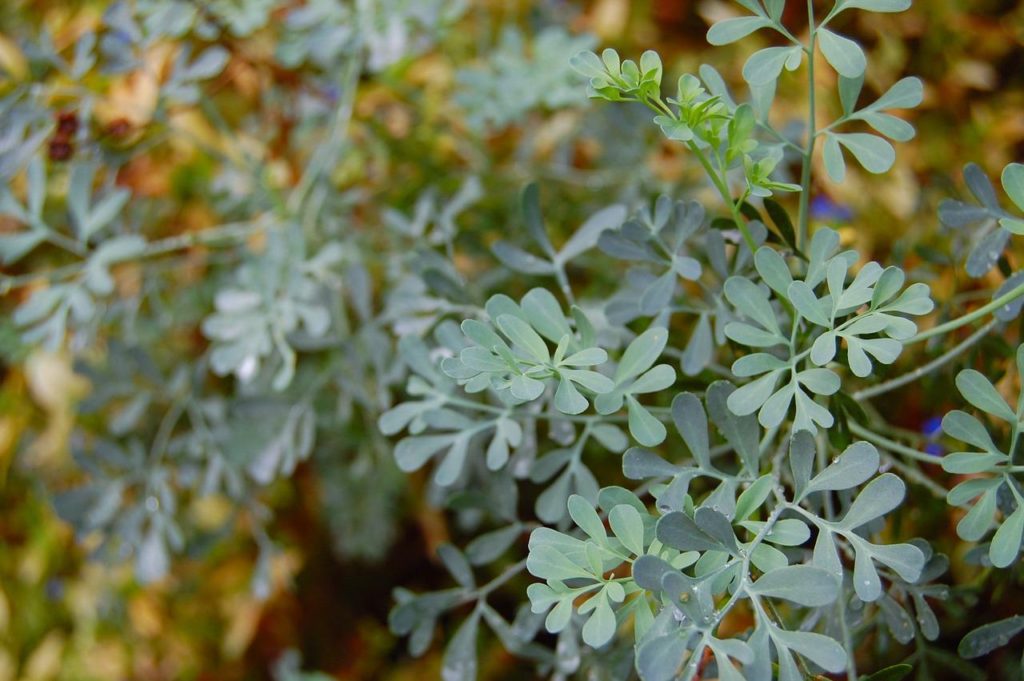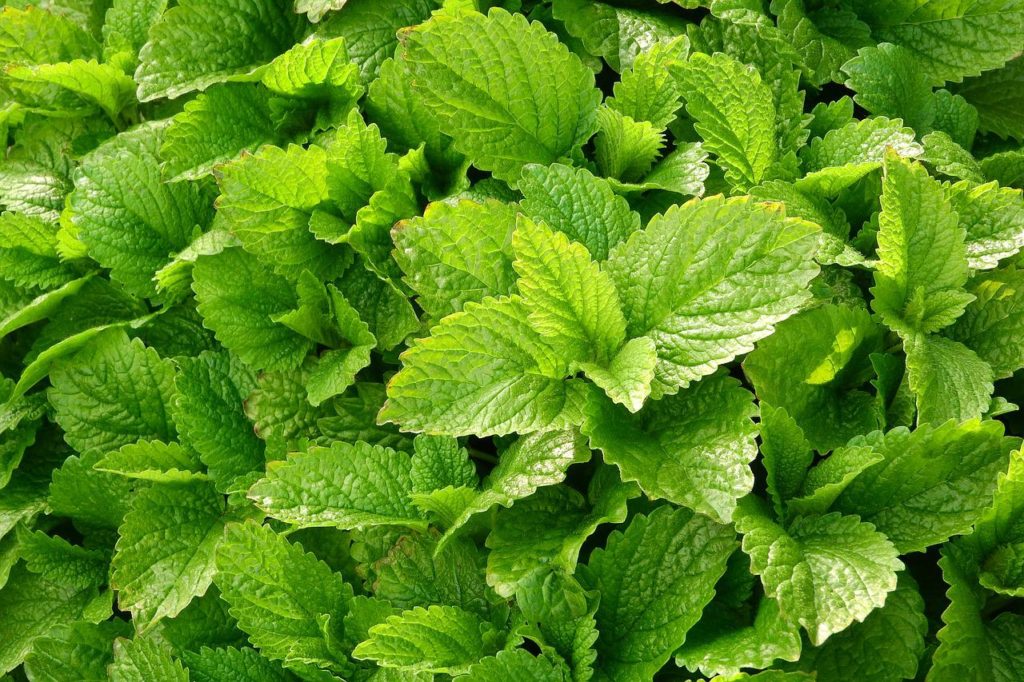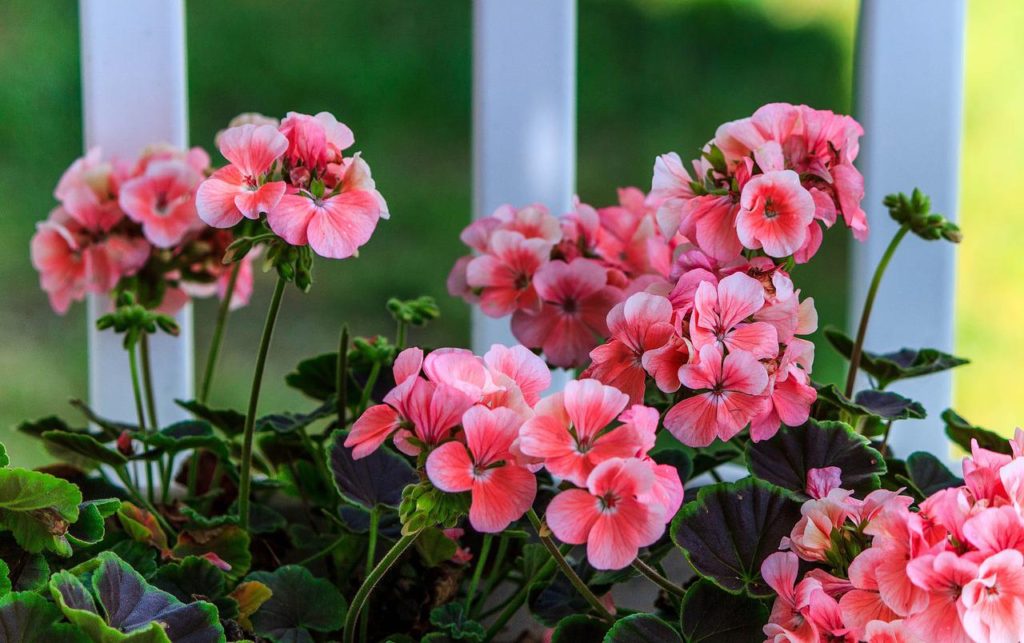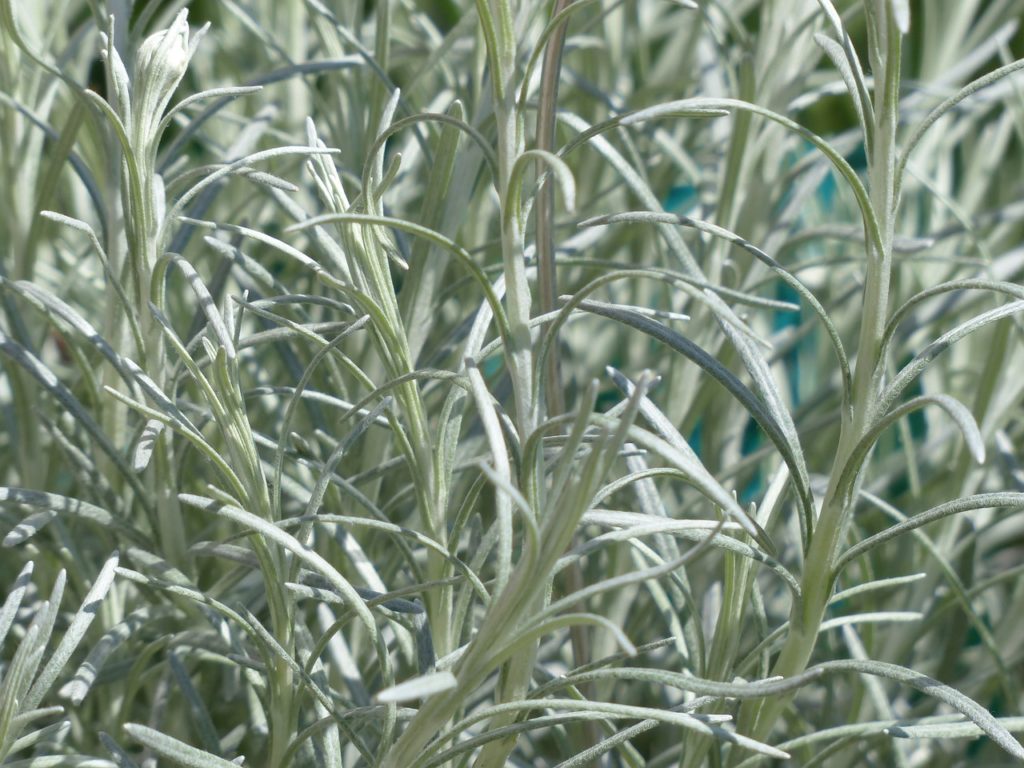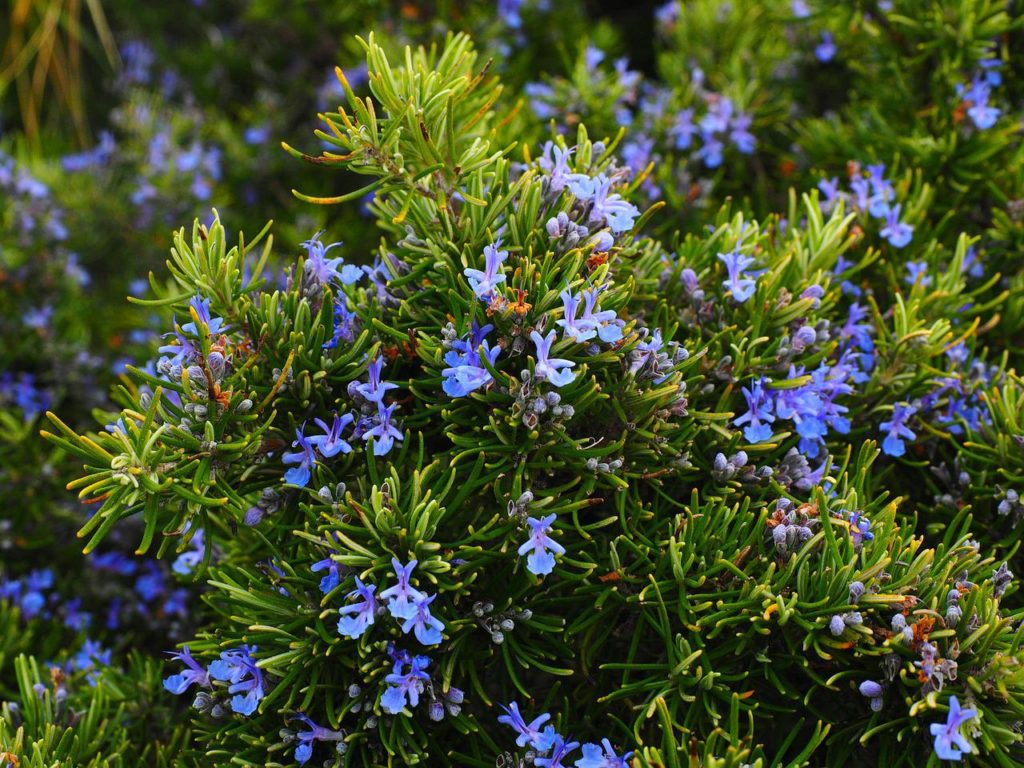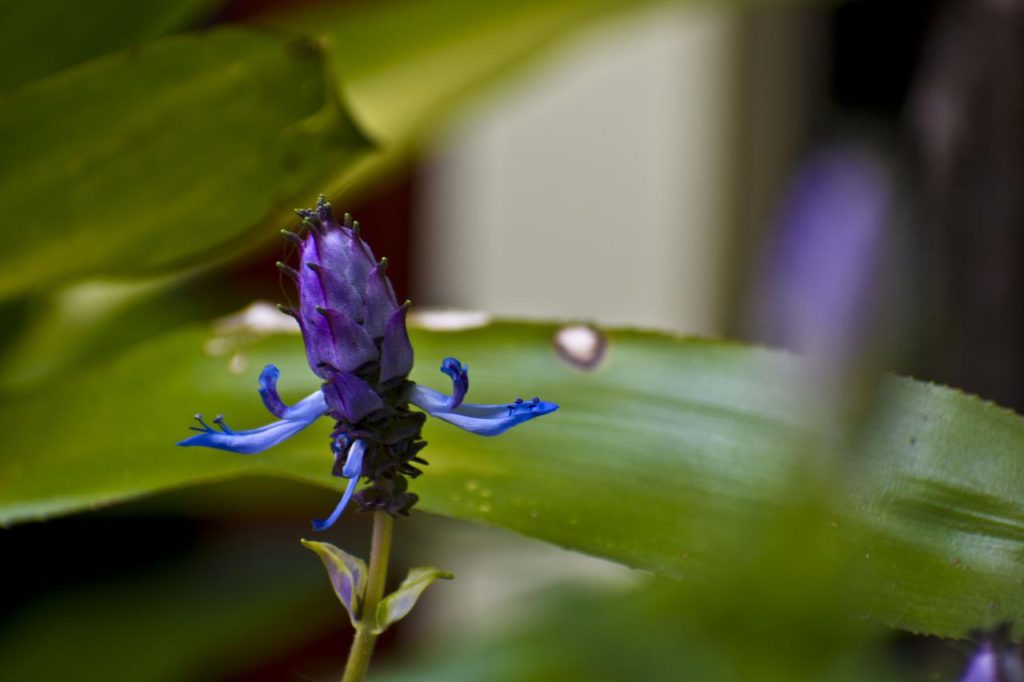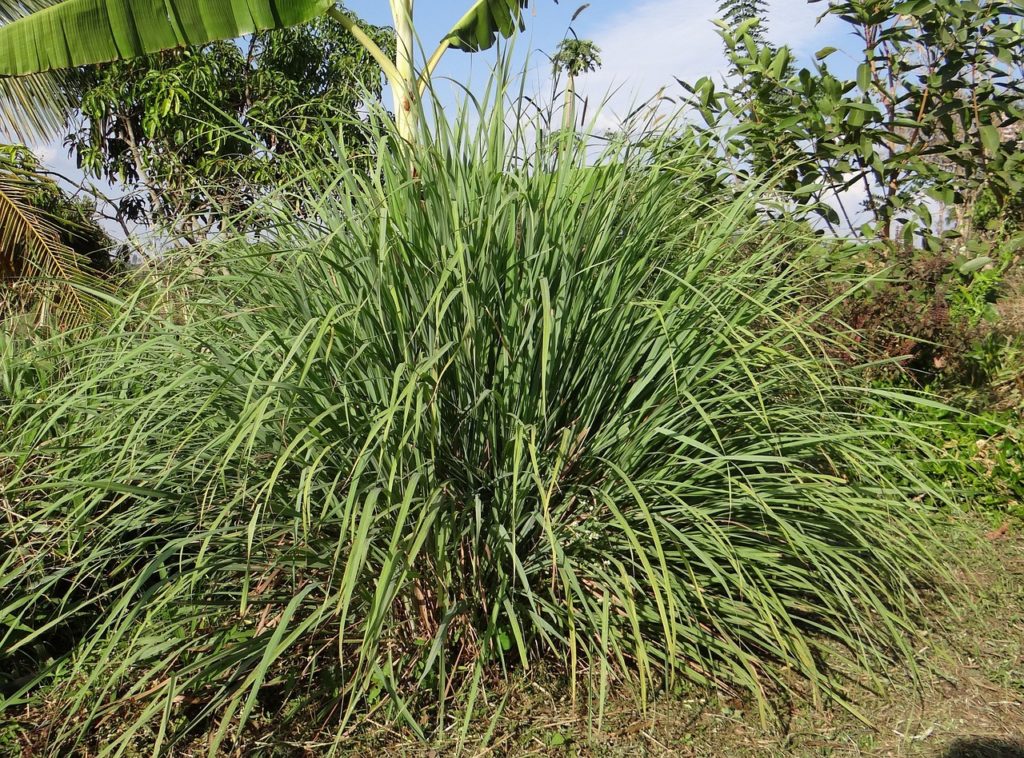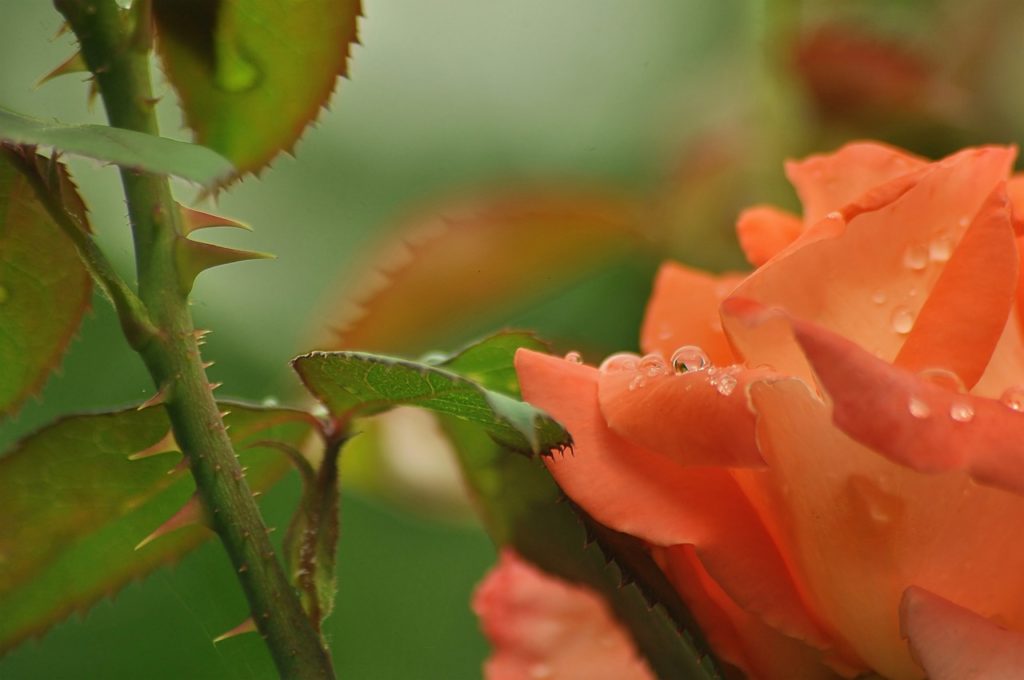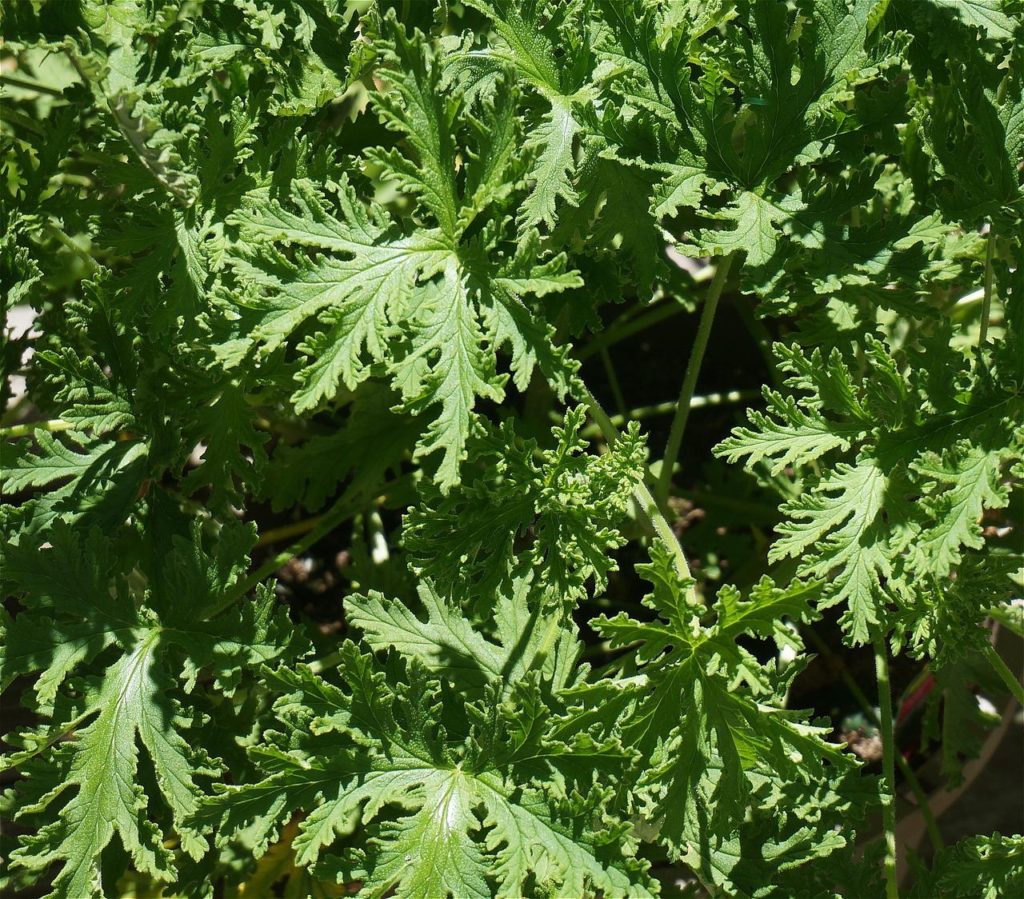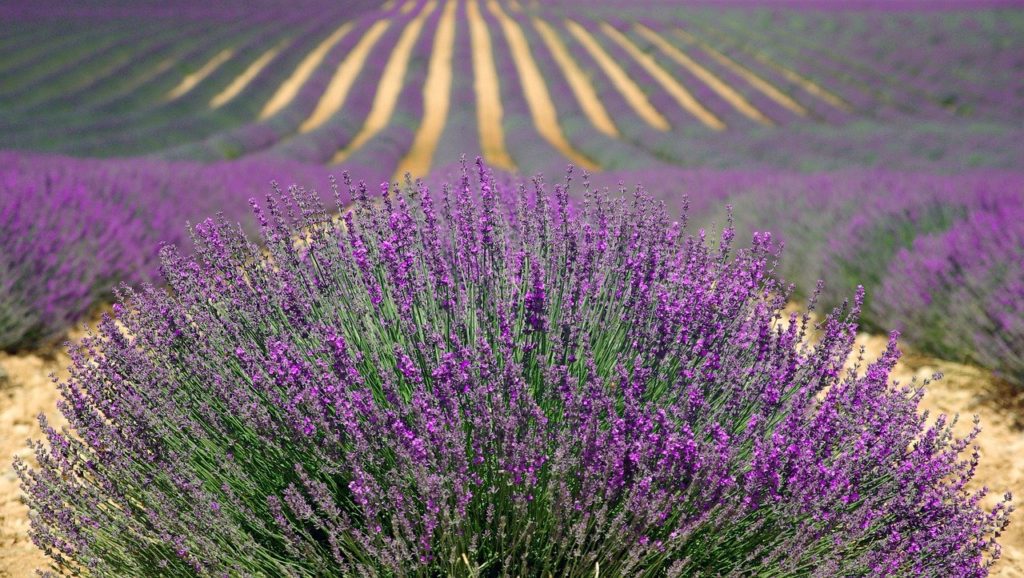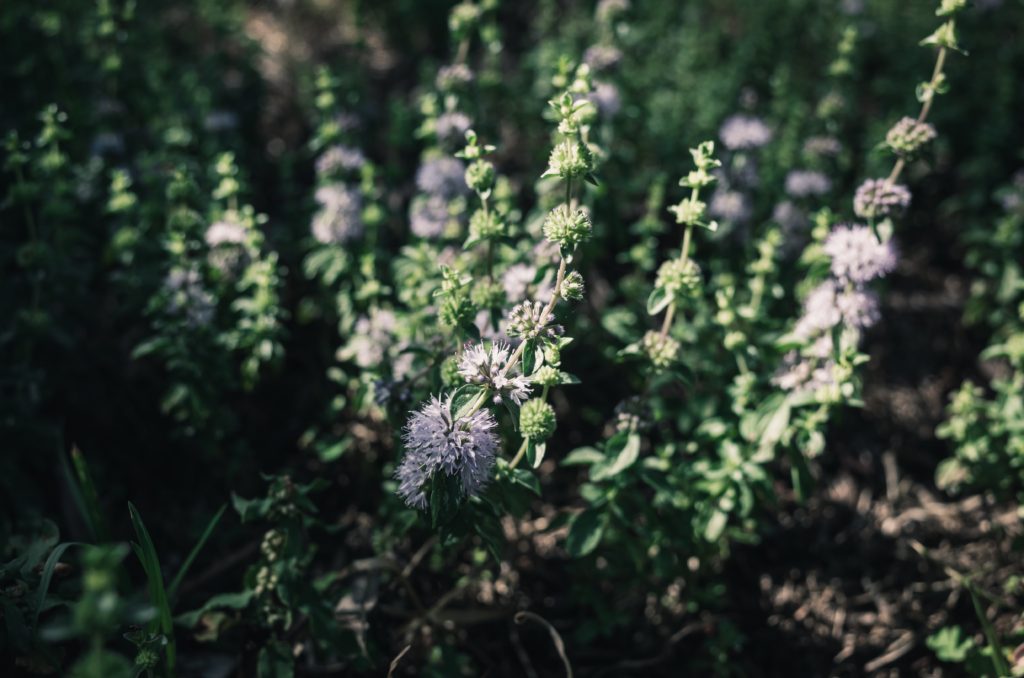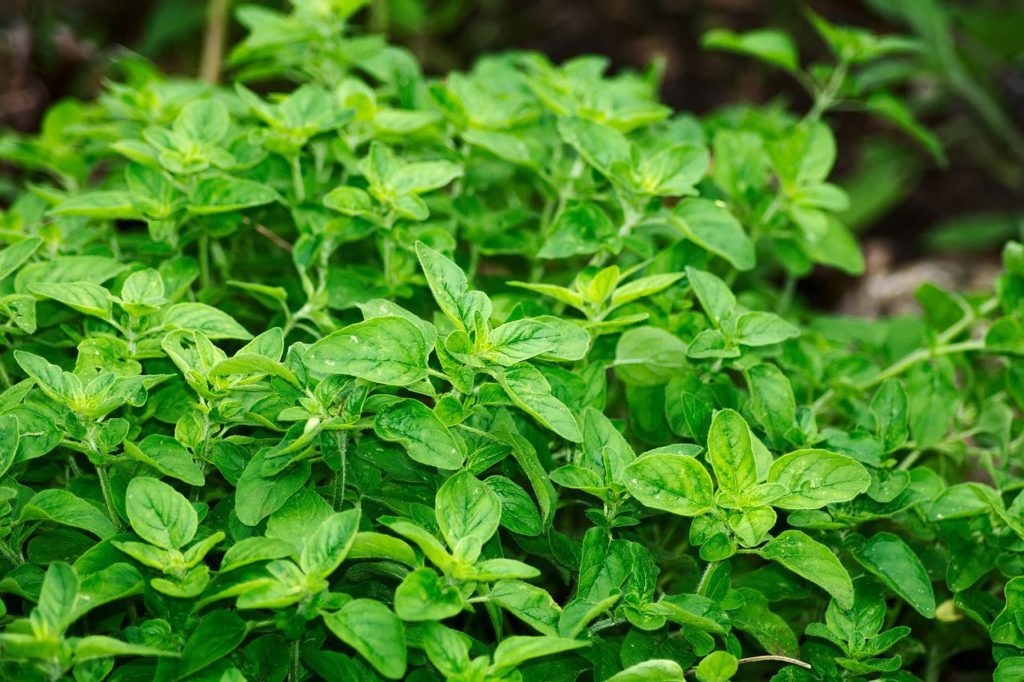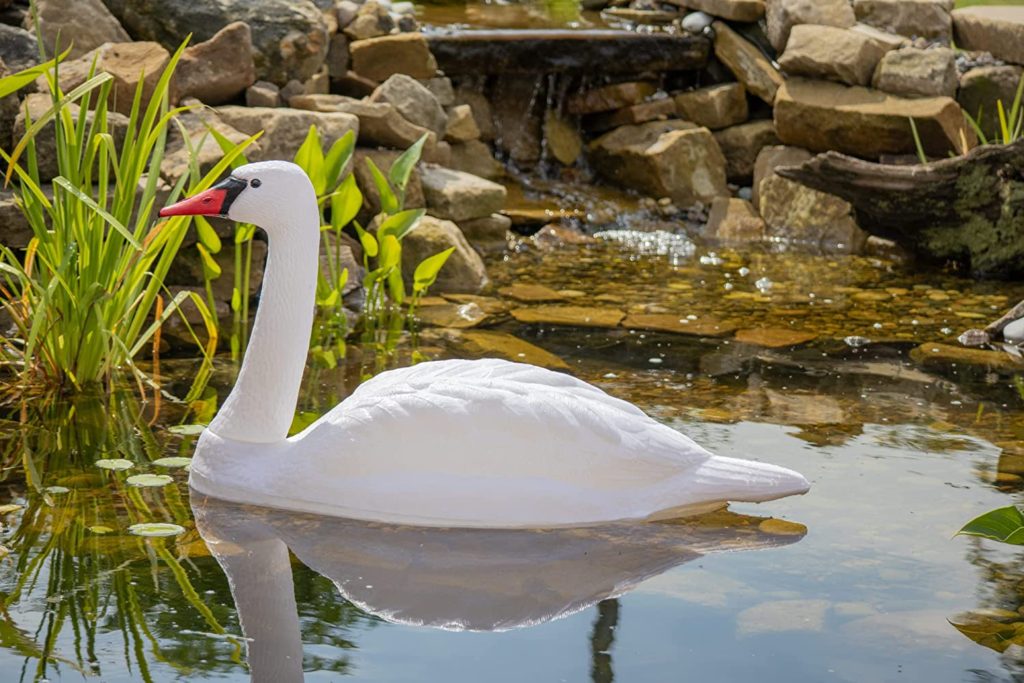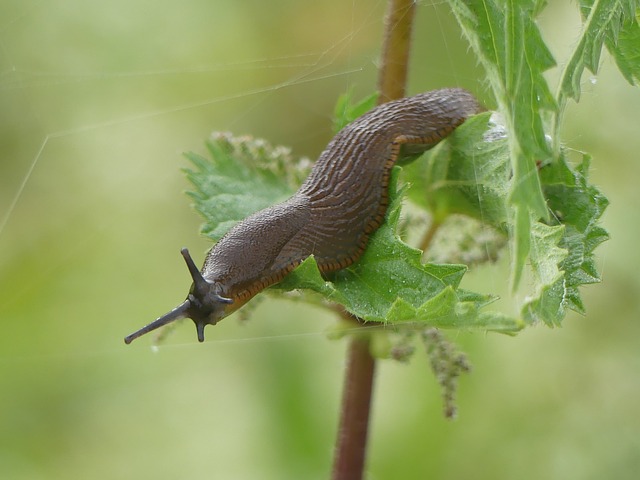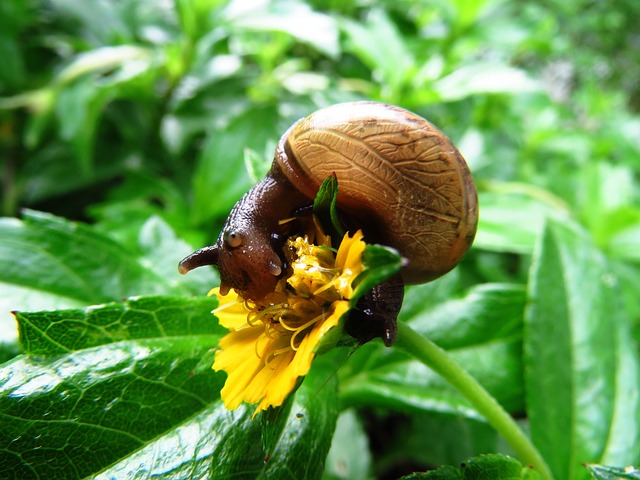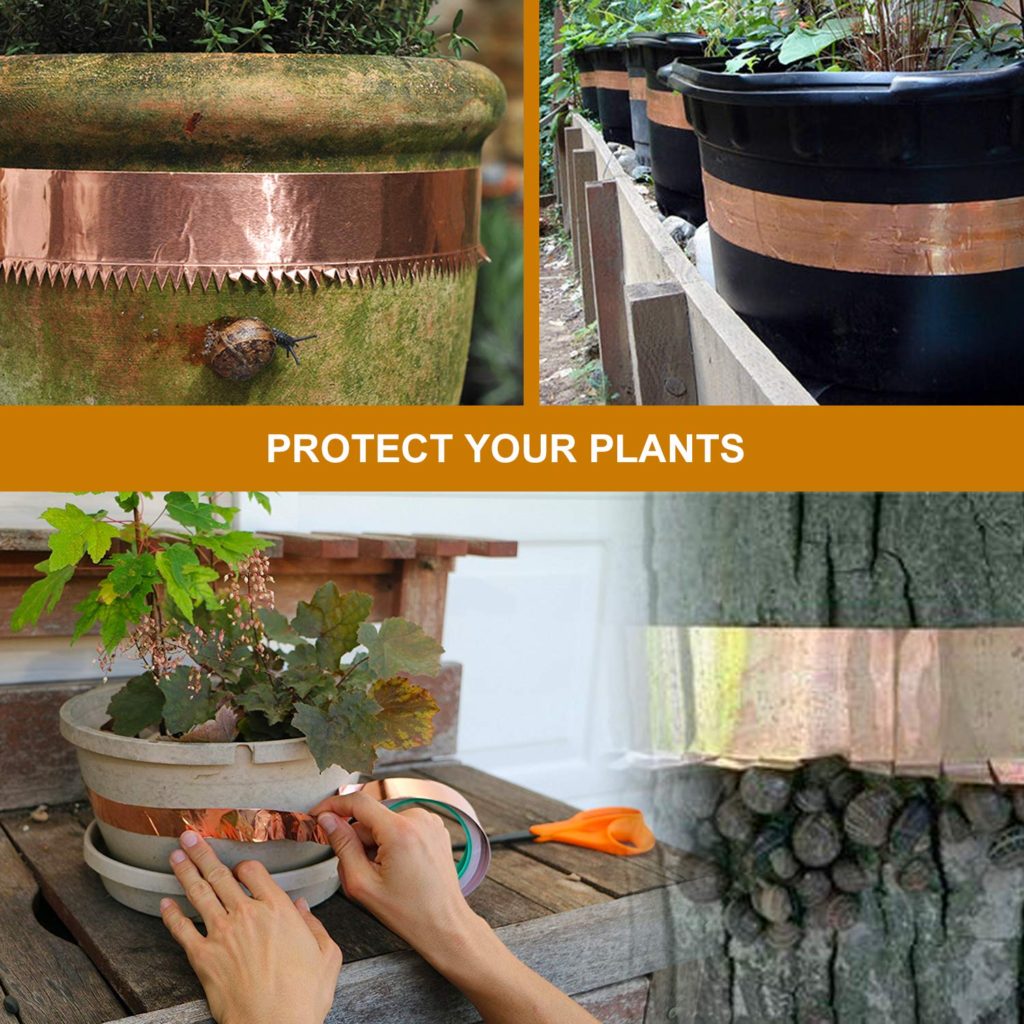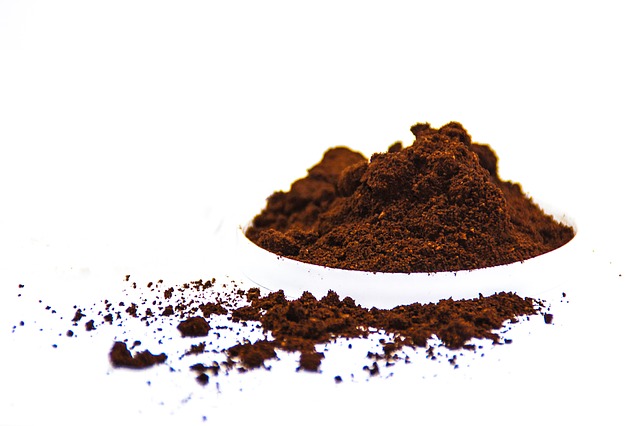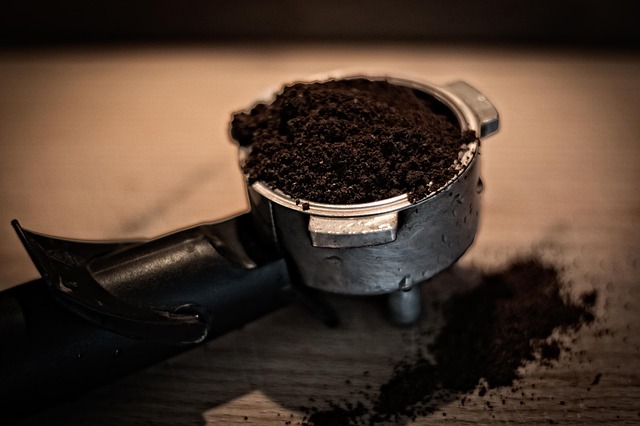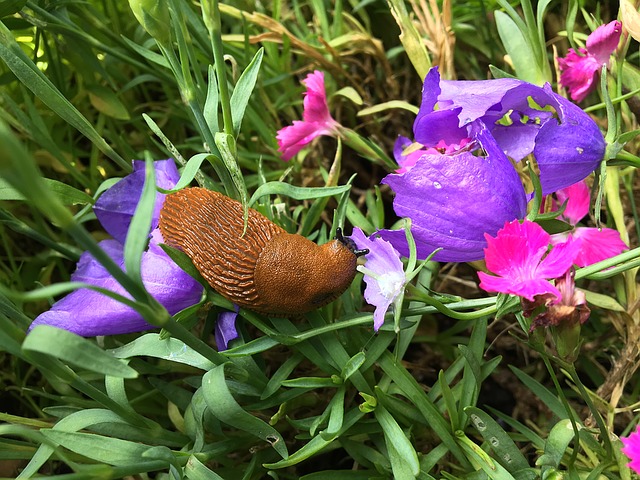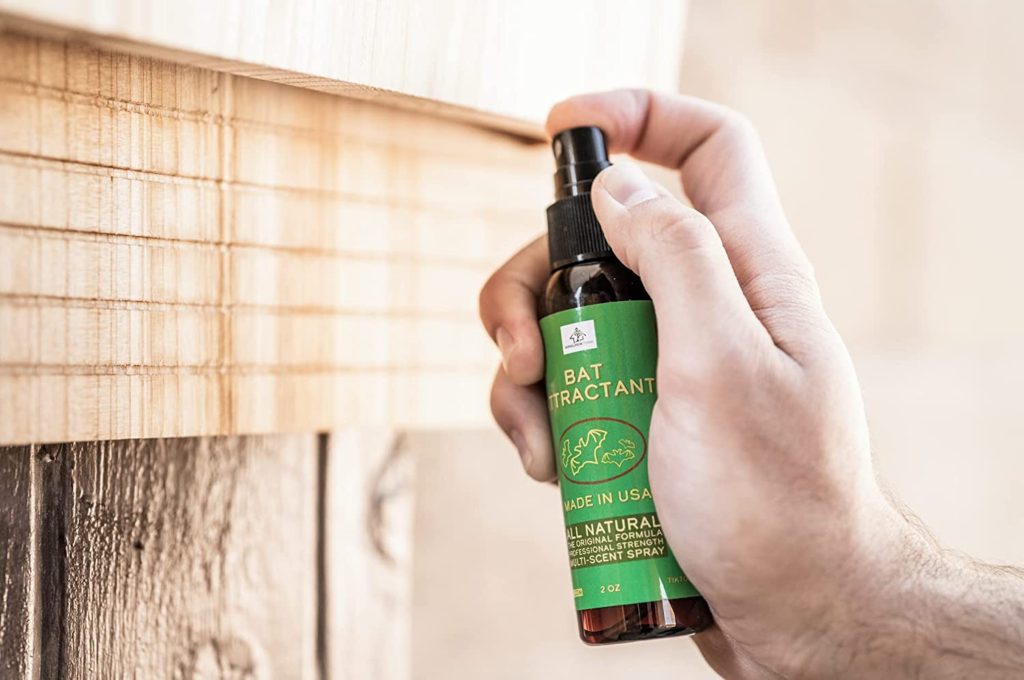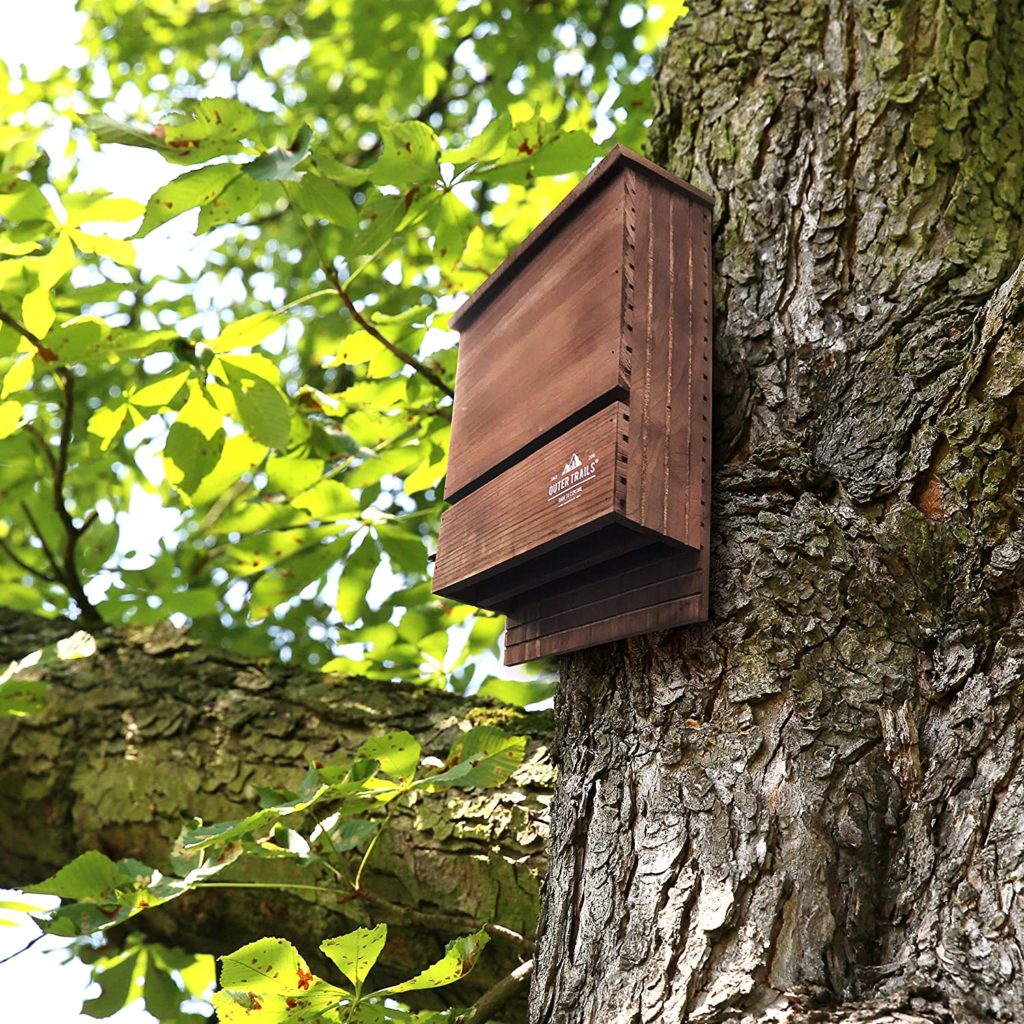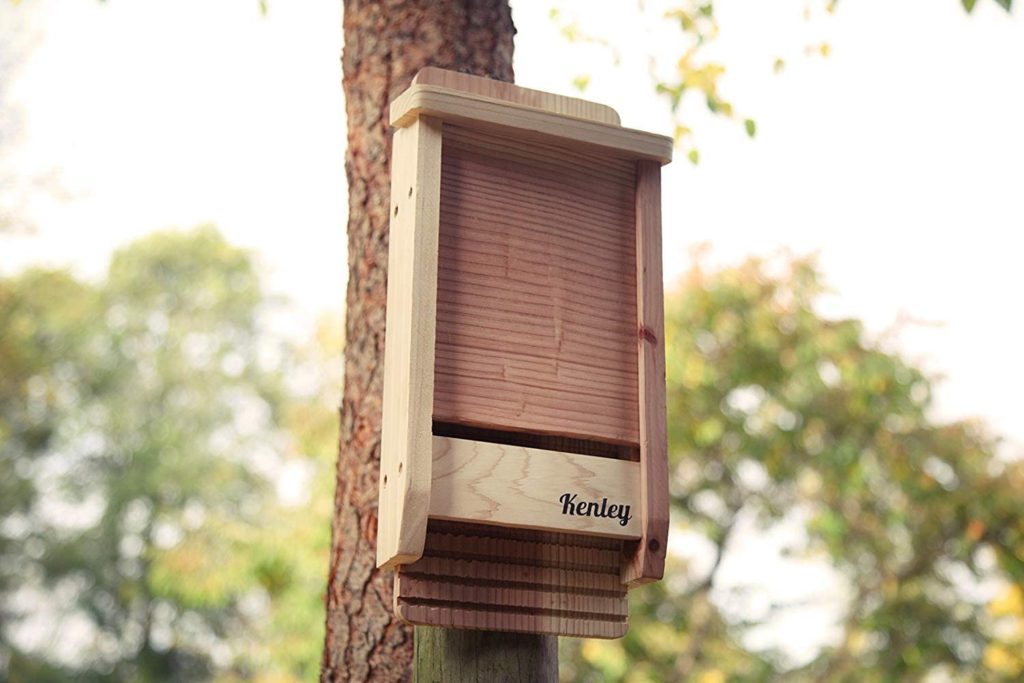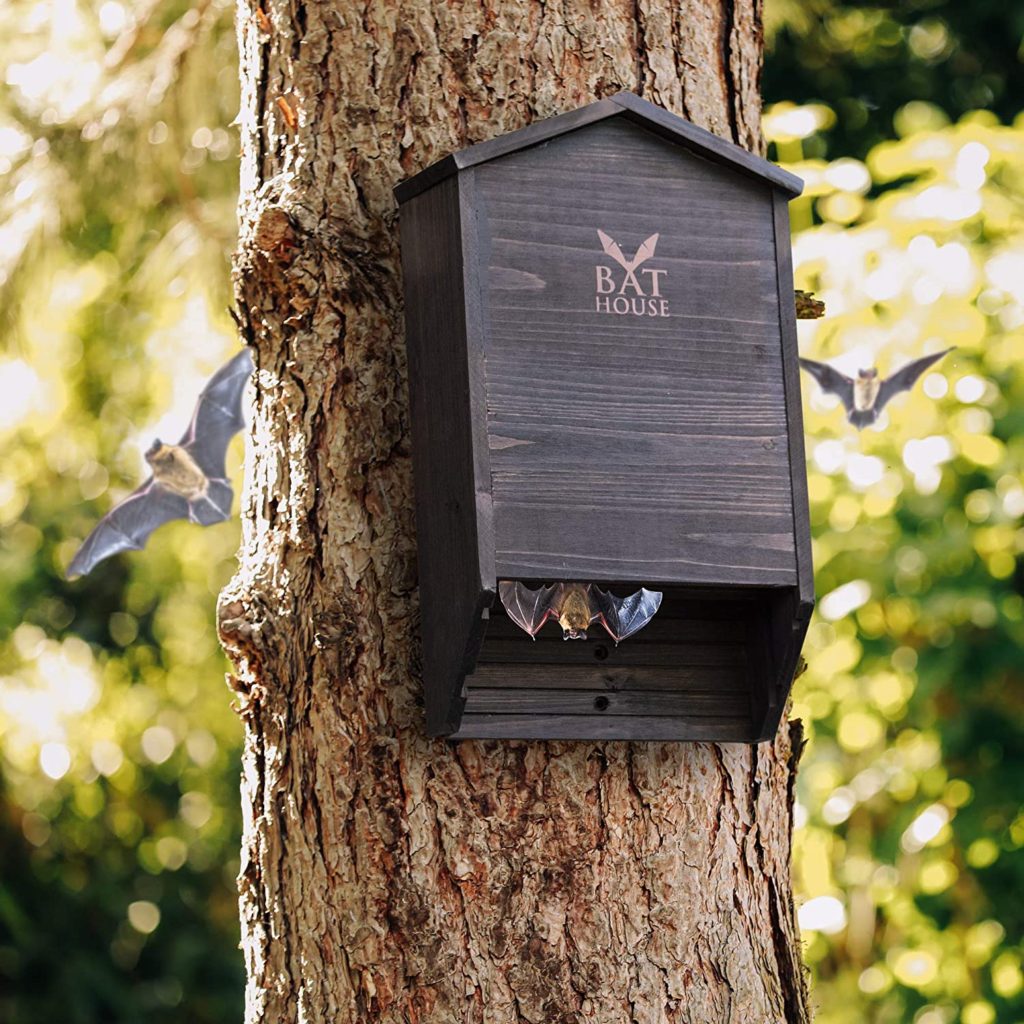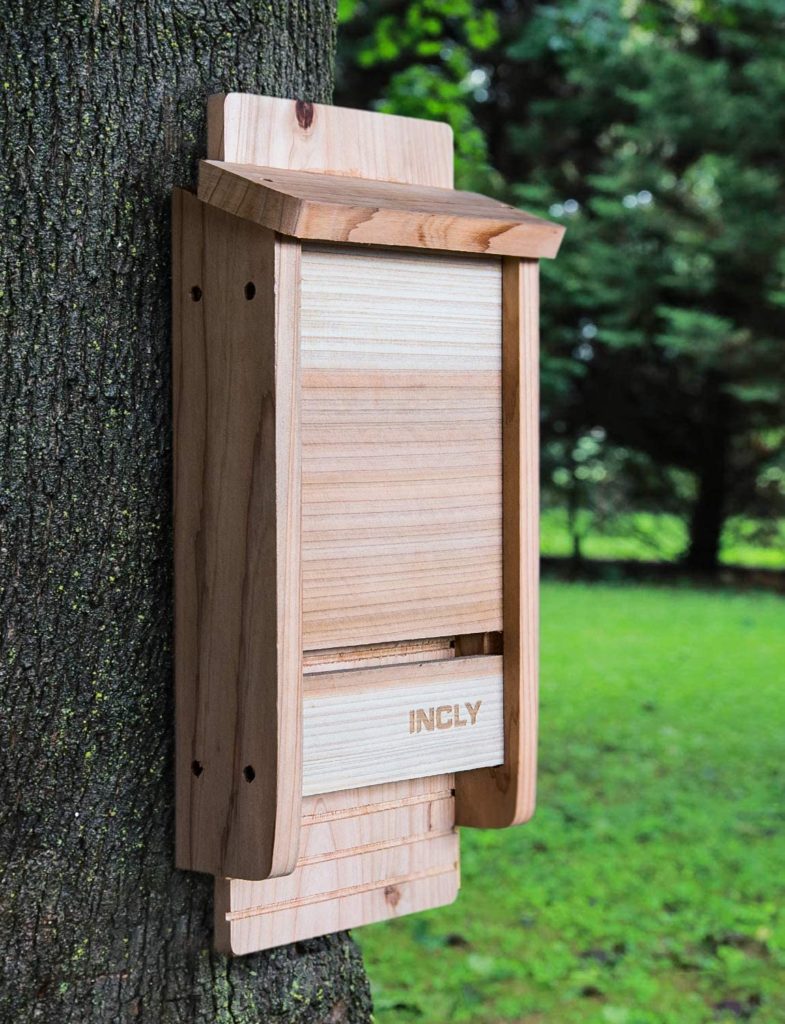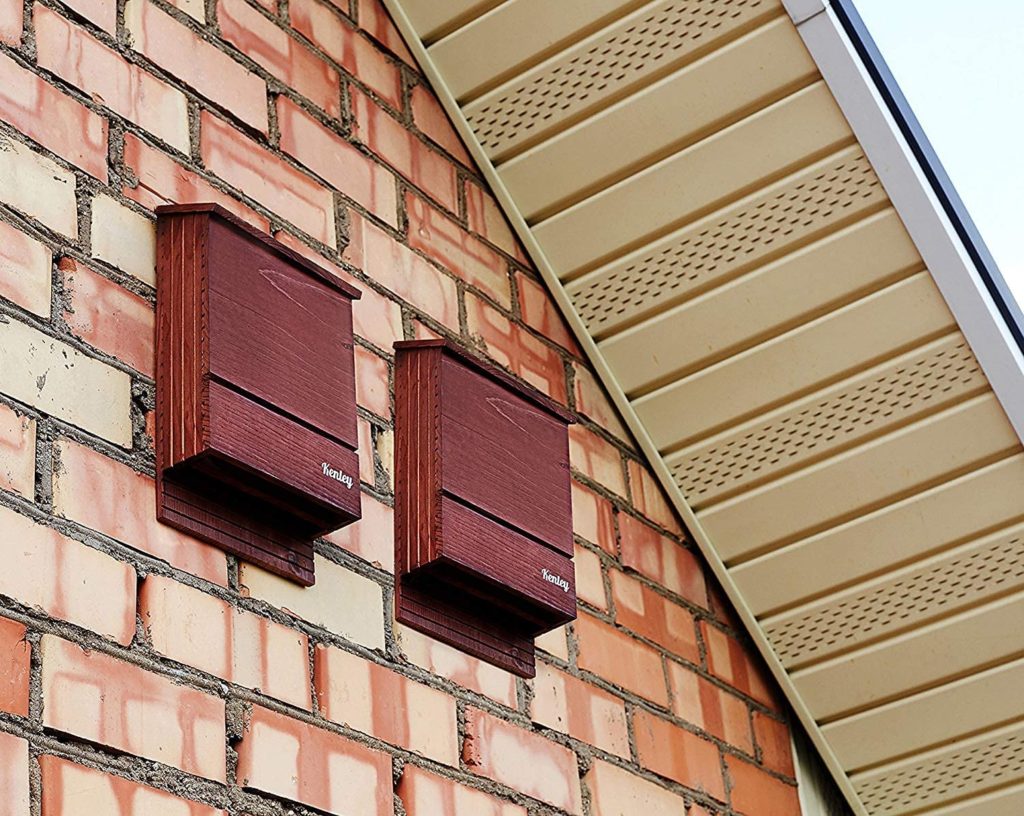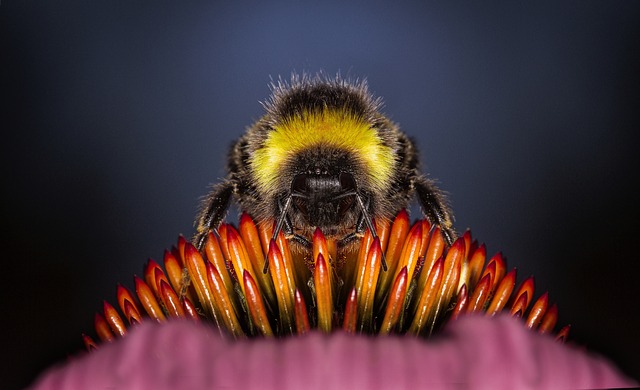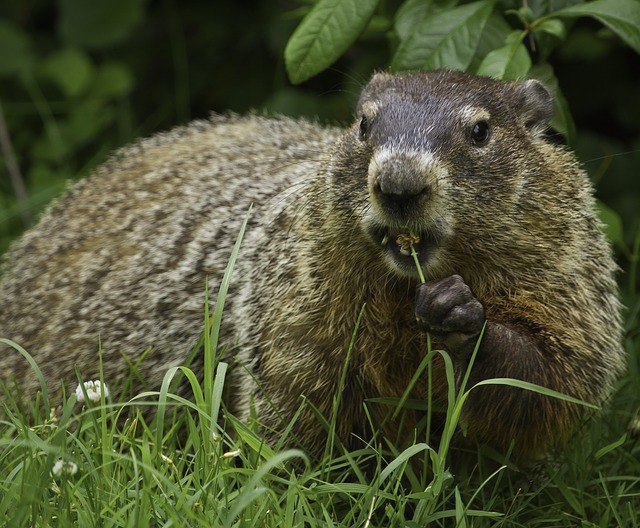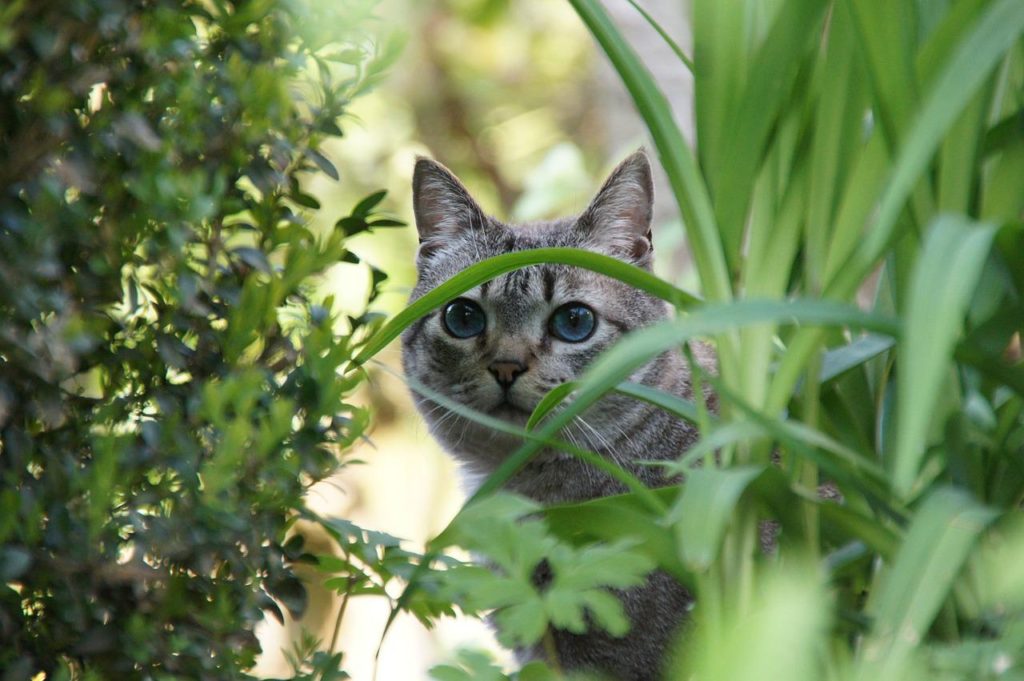
Cats are adorable and beloved creatures. That doesn’t mean, however, that they belong in your garden. The last thing you want is to see felines eating your favorite plants, or using your garden as their personal toilet. So here are some of the best cat deterrent plants to help you keep your outdoor space feline-free.
Why Keep Cats Out of Your Garden?
Although cats are cute, they tend to chew on plants and grass. This can sadly wreak havoc on the appearance and health of your yard. Plant consumption is typical in felines and may be an instinctive action that comes from their wild origins. Cat pee is another major problem. Excessive amounts of it can destroy plants.
Feline pee includes urea, a compound that can function as fertilizer and introduce nitrogen to the soil. Yet excessive nitrogen can bring on fertilizer burn. Cat pee, last but not least, has salt that can accumulate and eventually lead to plant dehydration. And don’t forget that cats like to poop in soft garden soil.
And not only does their feces stink but it can carry disease-bearing pathogens and bacteria, and contaminate the soil with parasites such as hookworm and roundworm. Note, too, that keeping cats out of your garden doesn’t only keep your outdoor space safe and attractive. It also protects the cats themselves.
That’s because some plants are actually poisonous to them. If you want to safeguard cats from toxicity symptoms such as seizures and vomiting, you should keep them away from your plants, period.
Why Use Garden Plants to Deter Cats?
What makes natural cat deterrent plants the best option for protecting your garden? Cat deterrent plants tend to include smells that the vast majority of felines just do not like. They beat many other types of available cat repellents due to the fact that they don’t alarm or hurt the animals in any sense.
If you’re looking for a safe and humane way to stop cats from doing a number on your flower beds, you should explore the following natural deterrent plants right away.
Lemon Thyme
Lemon thyme is a type of thyme that has leaves that smell a lot like lemon, hence the name. Since it has an intense citrus smell, it discourages the presence of cats. If you grow this herb next to your garden in hedge form, you’ll be able to prevent most cats from showing up.
Growing it in pots also works like a charm. If you keep this thyme in a pot, you’ll be able to change its location based on need. Cats may be more drawn to certain parts of your yard than others, after all, and having it in a pot means you can move it to wherever you need it.
Common Rue
Using rue plant to deter cats is another option. This perennial herb is unpleasant to felines for two reasons. The leaves of the plant have a bitter flavor that’s in no sense inviting to cats. The herb in general has a rather stale smell that the little creatures find highly undesirable as well. Cats just aren’t keen on munching on them.
Lemon Balm
Although bees adore lemon balm, it’s in no way, shape, or form a feline favorite. Cats are often put off by the citrus scent this plant emits.
Geraniums
Geraniums are staples in the gardening realm. And these cat deterrent plants are a fantastic way to add color to your garden while providing a strong fragrance that cats prefer to avoid.
If you will be using geraniums to keep pet cats out of the garden keep in mind that these flowering plants consist of a couple of essential oils that can bring on skin irritation and digestive upset in cats if they are eaten. These essential oils are geraniol and linalool.
Curry Plant
Do you want to try using curry plant to deter cats? This may be a good idea. Cats tend to detest the aroma of curry.
Rosemary
Rosemary is an herb that can deter cats easily and safely. That’s because felines just do not like the way it smells. They’re not exactly big fans of the texture of rosemary leaves, either.
Scaredy-Cat
It’s no shocker that the scaredy-cat plant may be able to stop cats from entering your garden. Since this plant gives off a memorable odor that’s reminiscent of a skunk, it understandably encourages cats to hang out elsewhere.
Lemongrass
Lemongrass is yet another example of an herb that may deter cats due to its citrus scent. If you blend one part lemongrass oil and three parts water, you may be able to create a spray that can keep cats far away as well.
Plants With Thorns
Are you considering the use of spiky plants to deter cats? They will work as no feline wants to come in contact with thorns when exploring your garden or looking for a place to go to the toilet.
Plants such as roses that not only have thorns but also beautiful flowers and a fragrant aroma are always a win-win option. Prickly and dense shrubs such as holly can also be used to create barriers that cats will not want to cross.
Citronella
If you want cats in your neighborhood to leave your garden alone, you can try citronella. This plant has an intense smell that makes felines want to turn the other way. Citronella can also be used to repel pesky mosquitos as well but you will have to crush the leaves to extract the oils.
Lavender
Using lavender to deter cats is a particularly popular choice. Lavender sports attractive purple flowers that have a strong floral fragrance that many people love and cats happen to dislike.
As an added bonus lavender can grow year-round in warmer climates making it a long-term deterrent. And in locations with mild winters with proper care, it can also survive for many years as it goes dormant in the colder months and grows back each spring.
Pennyroyal
This strong-smelling plant belongs to the mint family and is typically avoided by cats as they don’t like the scent. Also known as fleabane, its leaves can be crushed and rubbed on the skin to repel insects as well. When rubbed on dogs it is known to repel fleas and ticks. Pennyroyal blooms pink flowers.
Oregano
Like pennyroyal, oregano is in the mint family. And not only is it a cat deterrent plant but also a culinary gem. While oregano is considered toxic for cats to ingest, they are not likely to do since its smell is so offputting to them. They are much more likely to stay away when this useful and easy-to-grow herb is planted in your garden or containers.
Start Shopping for Cat Deterrents!
The Complete Swan Decoy Guide
Buy on Amazon Geese and ducks can be a huge problem for anyone who owns a pond, pool, or even lawn. A swan decoy can help to keep these pests away so you don’t have to deal with them and the mess they leave behind. Here is everything you’ll need to know about swan...
What Direction Should A Bat House Face?
Buy on Amazon Bats are very particular when it comes to whether or not they will move into a bat house. One of the most important factors is the temperature inside, which will be strongly influenced by the direction that the house is facing. So what direction should a...
Does Copper Tape Stop Slugs?
Does copper tape stop slugs? The answer is yes. And you can use this simple solution to keep your plants safe from those slimy plant-eating pests. Repel Slimy Garden Invaders Without Harm Despite being relatively small and very slow-moving, slugs can do a lot of...
When To Put Up A Bat House
Buy on Amazon Bats can be a big benefit to your yard. But they can be picky when it comes to where they actually decide to roost. Knowing when to put up a bat house can help to tip the odds in your favor. Basic Seasonal Bat Behavior Many people don’t realize that in...
The Best Advantages Of Using Copper Tape For Snails
Snail damage is no laughing matter, especially when you’ve put a lot of time and effort into your garden. Most people don’t realize that by simply adding copper tape snails can be quickly deterred from eating your plants. And here are the best advantages of using this...
Copper Tape For Slugs
Buy on Amazon As any gardener knows, slugs can be highly destructive to a wide range of plants. But you don’t have to use baits or chemicals to keep these slimy pests from ruining your garden. By using copper tape slugs will stay away from your precious plants...
How To Use Coffee Grounds For Snails
You don’t have to kill those annoying garden snails in order to keep them from eating your plants. In fact, you can use your morning coffee as a non-lethal weapon against them. When they come into contact with your coffee grounds snails will turn right around and...
How To Use Coffee Grounds For Ants
There are endless sprays and poisons you can use to get rid of ants. However, you won’t have to look any further than your morning cup of coffee if you’d like a repellent that doesn’t contain any harmful chemicals. By using coffee grounds ants will stay away and kids...
How To Use Coffee Grounds For Garden Pests
While the majority of humans enjoy coffee, not all animals find it so appealing. In fact, when they encounter coffee grounds garden pests are often repelled by them, and that’s a good thing. So here are the critters you can expect to keep out of your garden when using...
Coffee Grounds For Slugs
Slugs can be a big problem, yet most people don’t realize that the waste produced from their morning cup of coffee can be used help to protect their plants from these slimy pests. When they encounter your coffee grounds slugs will make a hasty retreat. So here’s...
Coffee Grounds For Mosquitoes
There are countless options available to keep mosquitoes away, many of which contain harmful chemicals. Most people don’t realize that the grounds used to make their morning coffee can also function as an all-natural repellent. Here’s what you’ll need to know to use...
Using Coffee Grounds To Deter Cats In The Garden
While cats can be loving pets, in the garden they often can be pests. Fortunately, you can use coffee grounds to deter cats. Not only can they help to keep cats away from your plants but they’re also totally safe. Cat Problems 101 Unfortunately for gardeners, cats...
Bat Attractant: The Secret Weapon For Bat House Success
Buy on Amazon Purchasing a bat house is easy, however, having a colony of bats take up residence inside it is sometimes another story. To tip the odds in your favor using bat attractant can help. Here’s what you’ll want to know when considering using it. Bat House...
How To Attract Bats To Your Bat House
Buy on Amazon Having bats in your yard offers many fantastic benefits. So it’s no wonder that more and more people are installing bat houses in an attempt to get them to stay. However, you’ll first need to know how to attract bats to your bat house if you want them to...
What Does A Bat House Look Like?
Buy on Amazon Bat houses are shelters made specifically for bats. These flying mammals have special needs that houses are designed to meet. So what does a bat house look like? Well, read on and find out! Bat House Designs Houses for bats actually look like boxes. For...
What Is A Bat House?
Buy on Amazon What is a bat house? And better yet, why would you want one on your property? These are both commonly asked questions. Whether you’re just curious or have always wanted to have bats in your yard here’s what you’ll need to know. Bats are nocturnal...
The Top Bat House Benefits
Buy on Amazon A bat house is a specially designed shelter for bats. It provides them with a safe and convenient place to sleep. While they are great for the bats, there are many bat house benefits you can enjoy as well when you have one in your yard. Keep Bats Out Of...
Where To Put A Bat House
Buy on Amazon Where to put a bat house is an important decision. If it’s not in an appropriate spot, you may be putting your resident bats in danger. Or you may end up with an empty house since no bats are interested in living in it. So you’ll need to know a few...
Beneficial Garden Insects And Creatures Often Confused For Pests
There are many animals that we consider to be pests. However, many of them actually perform critical tasks and help to control the populations of much more devastating species. The following beneficial insects and creatures are ones you’ll want to keep around....
The Most Common Backyard Pests
Your backyard is an ecosystem, however, not all of the animals which reside in or near it have the manners you’d like them to. There are many different animals that can be a nuisance. Here are some of the most common backyard pests that you’re likely to encounter....
